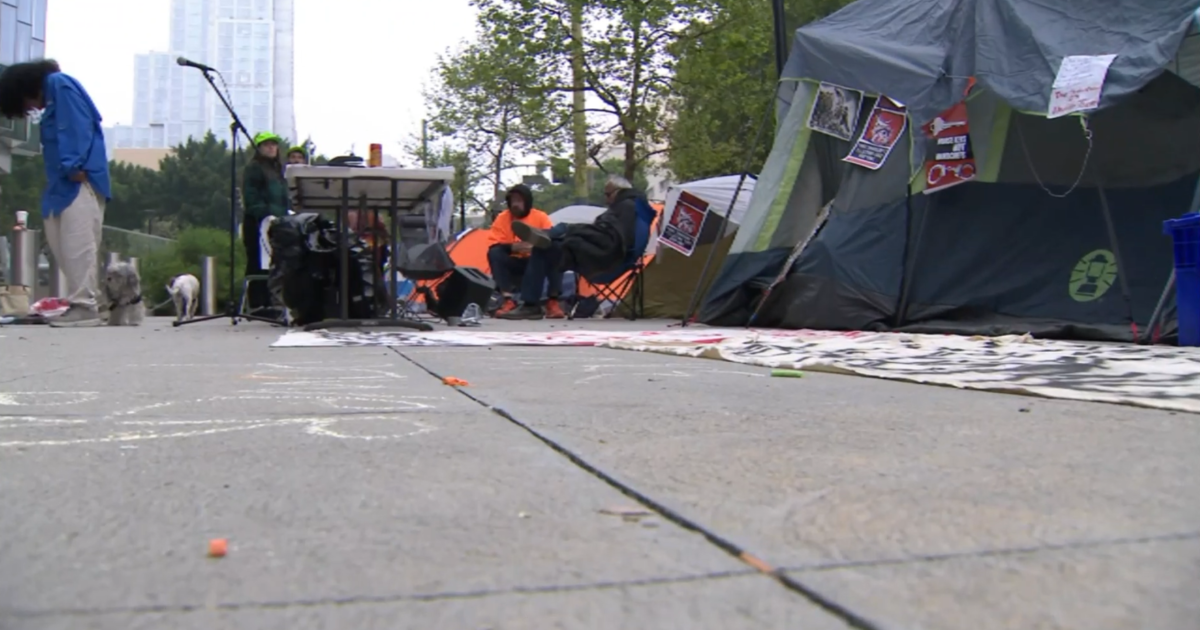'Mystery' Head Pain, Lack Of Sleep May Be Due To Dental Condition
LOS ANGELES (CBSLA.com) — A physical, mysterious head pain experienced and suffered by millions may not necessarily be identified in the doctor's office, but rather, in the dentist's chair.
While some people say the headaches and the pain are unbearable, others have learned to live with their symptoms for years, simply not knowing what is causing it.
For Brittany Bartilson, mother of two, she spent 13 years in pain, experiencing migraines, difficulty eating and sleeping, and being diagnosed with one condition after another by doctors. She received surgery to "fix" her nose and jaw, and was also given allergy medication. She was also diagnosed with migraines and spine misalignment.
The symptoms persisted, and reached a point where they may have affected her family.
"My husband was like, 'we have to fix this, because I don't know that we can carry on'," Bartilson said.
Ultimately, it took a cosmetic dentist, Kourosh Maddahi, to diagnose her with TMJ pain.
"TMJ is actually the name of the joint which is called the temporo-mandibular joint," Maddahi said. "Mainly what TMJ pain comes from is that the person is clenching or grinding their teeth, and what that means is that they are ramming their joint into the socket over and over."
Maddahi says that this grinding and the subsequent pain may occur day or night, and that a key cause is stress. Another cause may be a bad bite, which may require orthodontics to correct.
In general, TMJ pain may be considered a problem if you wake up in the morning with a headache, your jaw feels tired or you are unable to sleep well.
While Maddahi says that TMJ pain may effect men, women or children, he most frequently finds it in women aged 20 to 45. In many of these cases, pain is accompanied by actual changes in the way they look.
"Teeth are being worn down. As a result, they are also getting lines and folds on the corners of the lips," Maddahi described. "The face starts to get squished on the lower one-third. Teeth become short, when people smile you cannot see their teeth."
Some doctors have resorted to using Botox to ease the pain, though the jaw muscles are said to be disabled by 30 percent through this.
For Bartilson, the solution came in the form of a custom-fitted, hard plastic night guard.
The night guard evenly distributes the pressure everywhere, so she was no longer applying pressure on single teeth, while the hardness protected the socket.
She says that finding the answer, and using the night guard, has changed her life completely, even after two days of use.
"I sleep, I play with my kids during the day, I don't have headaches," Bartilson said.
Maddahi says that if you suffer from these symptoms regularly, go see your dentist for a TMJ evaluation. Night guards are generally covered by insurance.
For more information, visit Maddahi's website here.
For the National Institute of Dental and Craniofacial Research's description of TMJ disorders, visit their website here.



